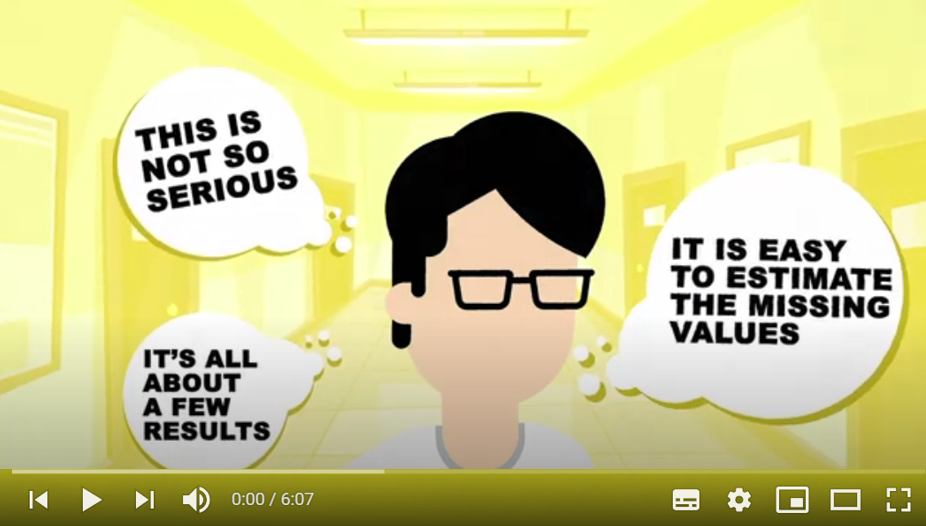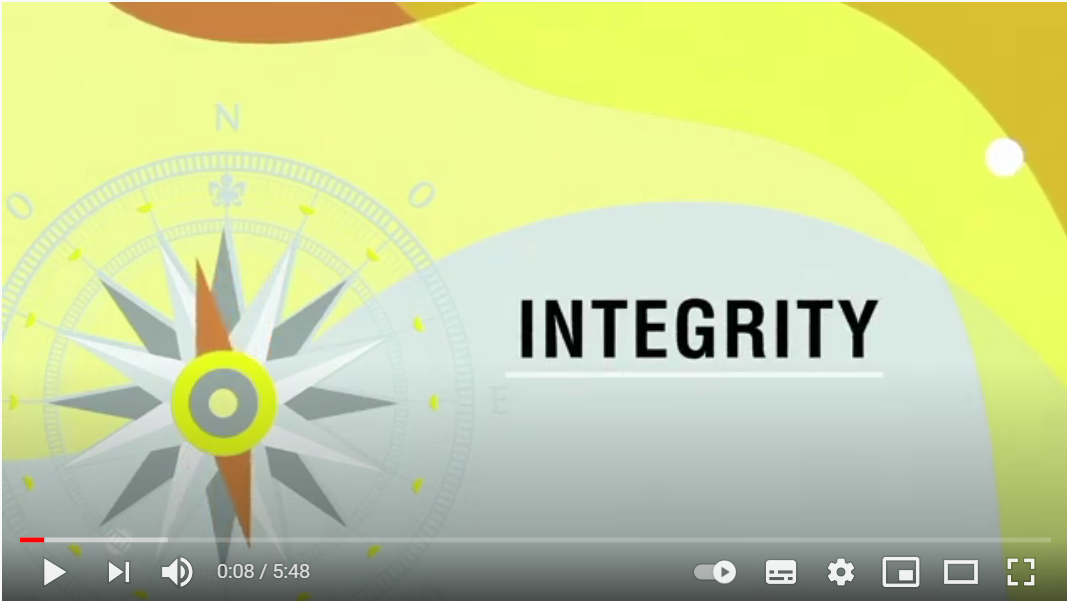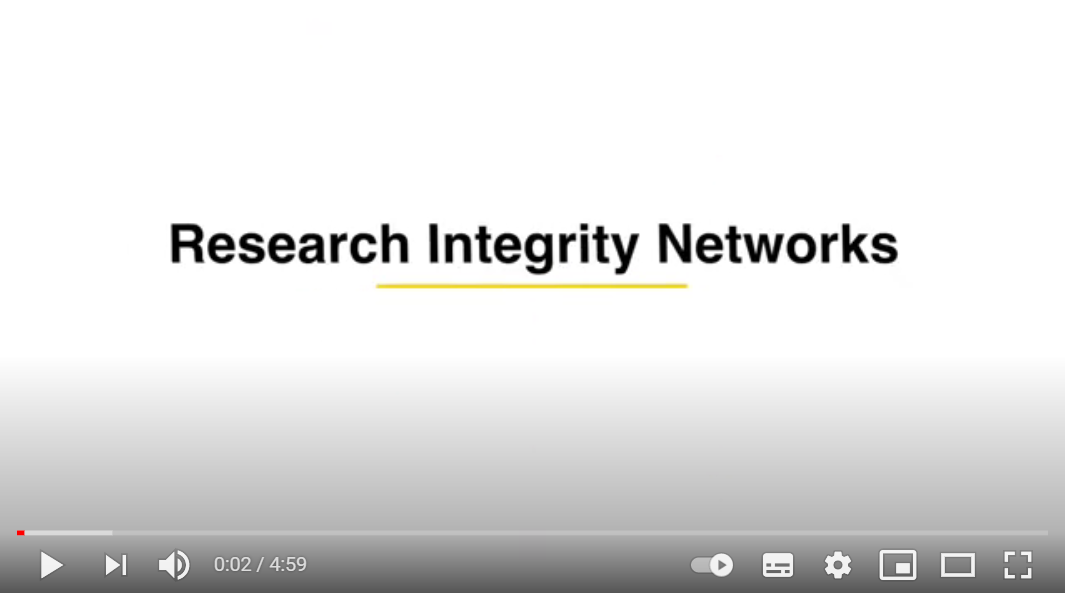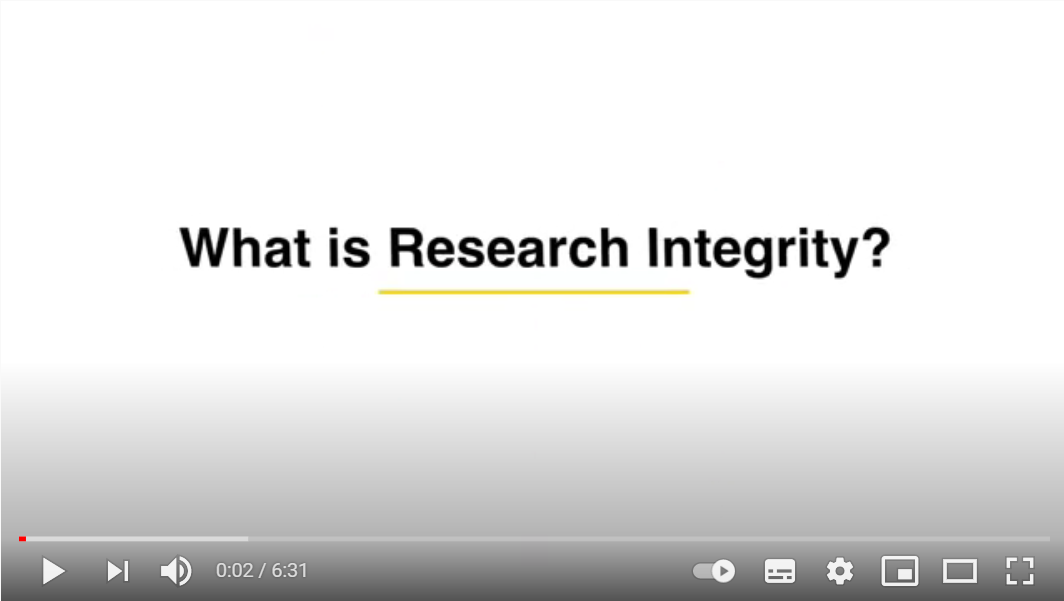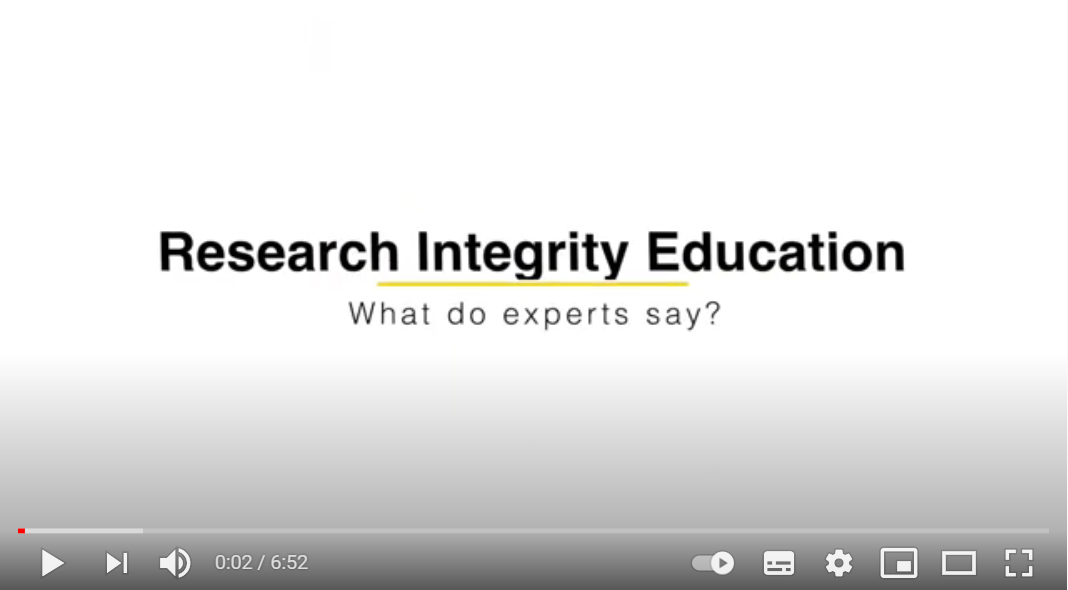Difference between revisions of "Instruction:17705907-d9b2-4f33-bc4f-088d84b4d971"
From The Embassy of Good Science
| Line 10: | Line 10: | ||
{{Instruction Step Trainee | {{Instruction Step Trainee | ||
| − | |Instruction Step Title=Moral | + | |Instruction Step Title=Moral Disengagement in Research |
| − | |Instruction Step Text=How researchers’ moral judgments can be affected by individual and contextual factors, explained by the VIRT2UE project for The Embassy of Good Science. <br /> | + | |Instruction Step Text= How researchers’ moral judgments can be affected by individual and contextual factors, explained by the VIRT2UE project for The Embassy of Good Science. <br /> |
[[File: MoralDisagreements.png|link=https://www.youtube.com/watch?v=bIGuvc8Qbmw&list=PLabbUwyulArzx9SIqxfDXbtTELS8uWdFD&index=2]] | [[File: MoralDisagreements.png|link=https://www.youtube.com/watch?v=bIGuvc8Qbmw&list=PLabbUwyulArzx9SIqxfDXbtTELS8uWdFD&index=2]] | ||
| + | <br/> | ||
| + | An exploration of how moral disengagement may occur among researchers due to maladaptive strategies to address conflicting imperatives in science and how virtuous ethics is important and may be seen as a means to counterbalance the process of moral disengagement. In the video, the risk of moral disengagement is explored, as well as the importance of virtues in research and systems fostering research integrity. | ||
}} | }} | ||
| Line 19: | Line 21: | ||
|Instruction Step Text= Ethical and unethical behaviors explained, in the context of research. | |Instruction Step Text= Ethical and unethical behaviors explained, in the context of research. | ||
[[File: Ethical decision making4.png|link=https://www.youtube.com/watch?v=HRBJxLo6k5s&list=PLabbUwyulArzx9SIqxfDXbtTELS8uWdFD&index=3]] | [[File: Ethical decision making4.png|link=https://www.youtube.com/watch?v=HRBJxLo6k5s&list=PLabbUwyulArzx9SIqxfDXbtTELS8uWdFD&index=3]] | ||
| + | <br/> | ||
| + | A translation of three common frameworks for ethical analysis (deontology, consequentialism, virtue ethics) into the context of research. It is argued that for research integrity, these frameworks may be regarded complementary, since science may be seen as a communal practice that strives towards a common good (utilitarianism), which can only be done in compliance with certain principles, rules, and codes inherent in the scientific endeavor (deontology). Virtue ethics may foster the best side of deontology and consequentialism, as a virtuous person is both informed by rules or beneficial consequences and knows how to apply rules and how to appreciate consequences by having insight into concrete situations. | ||
}} | }} | ||
{{Instruction Step Trainee | {{Instruction Step Trainee | ||
Revision as of 14:14, 31 May 2021
Research Integrity: Concepts and Themes
Instructions for:ParticipantTrainer
Goal
The VIRT2UE project has developed videos introducing the concept of Research Integrity. These are available on The Embassy youtube channel.
Duration (hours)
0.5
For whom is this important?
Part of
Belongs to Course
1
Moral Disengagement in Research
How researchers’ moral judgments can be affected by individual and contextual factors, explained by the VIRT2UE project for The Embassy of Good Science.
2
Ethical Decision Making in Research
Ethical and unethical behaviors explained, in the context of research.
A translation of three common frameworks for ethical analysis (deontology, consequentialism, virtue ethics) into the context of research. It is argued that for research integrity, these frameworks may be regarded complementary, since science may be seen as a communal practice that strives towards a common good (utilitarianism), which can only be done in compliance with certain principles, rules, and codes inherent in the scientific endeavor (deontology). Virtue ethics may foster the best side of deontology and consequentialism, as a virtuous person is both informed by rules or beneficial consequences and knows how to apply rules and how to appreciate consequences by having insight into concrete situations.3
4
Steps

